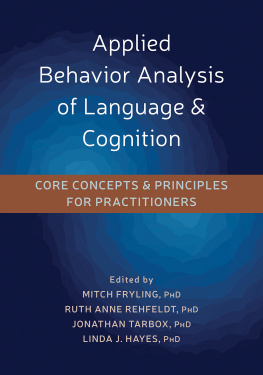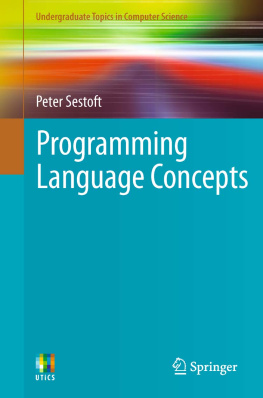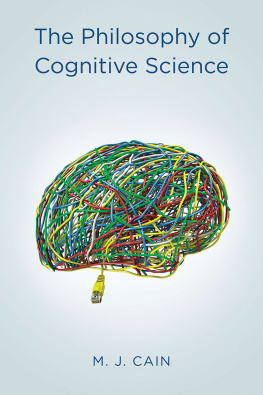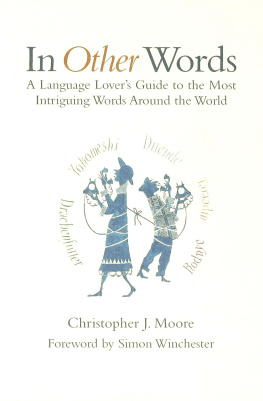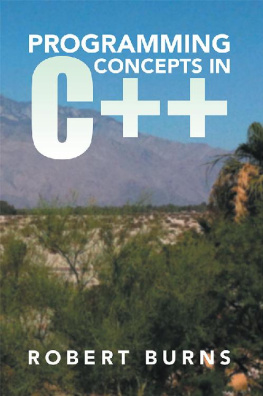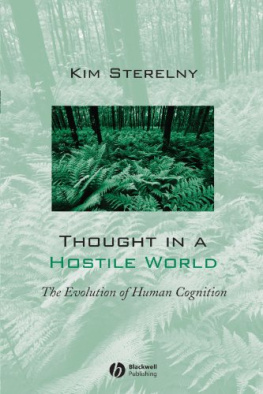
- Great Clarendon Street, Oxford OX2 6DP
- Oxford University Press is a department of the University of Oxford.
- It furthers the University's objective of excellence in research, scholarship,
- and education by publishing worldwide in
- AucklandCape TownDar es SalaamHong KongKarachi
- Kuala LumpurMadridMelbourneMexico CityNairobi
- New DelhiShanghaiTaipeiToronto
- ArgentinaAustriaBrazilChileCzech RepublicFranceGreece
- GuatemalaHungaryItalyJapanPolandPortugalSingapore
- South KoreaSwitzerlandThailandTurkeyUkraineVietnam
- Oxford is a registered trade mark of Oxford University Press
- in the UK and in certain other countries
- Published in the United States
- by Oxford University Press Inc., New York
- The moral rights of the author have been asserted
- Database right Oxford University Press (maker)
- All rights reserved. No part of this publication may be reproduced,
- stored in a retrieval system, or transmitted, in any form or by any means,
- without the prior permission in writing of Oxford University Press,
- or as expressly permitted by law, or under terms agreed with the appropriate
- reprographics rights organization. Enquiries concerning reproduction
- outside the scope of the above should be sent to the Rights Department,
- Oxford University Press, at the address above
- You must not circulate this book in any other binding or cover
- and you must impose the same condition on any acquirer
- British Library Cataloguing in Publication Data
- Library of Congress Cataloging in Publication Data
- Typeset by SPI Publisher Services, Pondicherry, India
- Printed in Great Britain
- on acidfree paper by
- MPG Books Group, Bodmin and King's Lynn
Contents
Dedication
(p.v) For Alice (p.vi)
(p.xi) Preface
When I was seventeen, I rode my bicycle to the B. Dalton bookstore in the Southdale Mall in Edina, Minnesota, and bought the first volume of a Dover reprint of the two-volume Alexander Campbell Fraser edition of Locke's Essay on Human Understanding. Lying on my bed reading it, I thought, Oh! I'd better get the other one, and rode back to get volume two. Soon I was led to Kant. My earliest philosophical ambition was to rewrite The Critique of Pure Reason. I thought it could have been clearer. I went to college and considered myself a Davidsonian. I went to graduate school and tried to be a Sellarsian. As I was getting my degree, connectionism came on the scene, and I tried to believe that too. All of these doctrines have failed me. What I have gained nonetheless is a clear conception of what we have all been trying to achieve. An insight of my own, for which I find no particular precedent in the history of philosophy, is that constructive mental imageryproblem-solving by means of imagistic representationscan do much of the work traditionally ascribed to conceptual thought. So what I am attempting in this book is to record the lessons learned and to use that small novelty to open a lot of doors.
I am intensely aware that for each of the topics I discuss, there is much more pertinent literature that I might have read and cited. My excuse for not reading and citing more of it is that books like this, which strive for a synthesis and a new direction, must sometimes be written, and when they are, then, since so much has been written on every topic of conceivable interest, they will have to be written by people like me, who have read deeply in some areas and widely in many areas but not very deeply in every pertinent area. I do recognize, however, that I display some hubris in designating myself for the task. I think I will do a more careful and conscientious job than many others who have appointed themselves to the task and gained more notoriety than I can expect.
In certain disciplines it is conventional to cite everything that has any bearing on one's topic and assemble long bibliographies. Unfortunately, I have not been able to keep track of everything I have read regardless of whether it has had any real impact on my thinking. A benefit to the reader is that he or she can be sure that most of the literature cited here is in some way genuinely interesting. If I do not always cite the literature that the reader (p.xii) considers most relevant to my themes, I hope the reader will not lord it over me without considering whether my same basic points apply mutatis mutandis to that.
Parts of the present text were taken more or less verbatim from articles I have published in journals. Much of chapter is adapted from Amos Tversky, Features of Similarity, Psychological Review 84 (1977), by permission of the American Psychological Association.
I received very useful comments on an earlier draft from two anonymous referees for Oxford University Press, which led to many improvements in the final version. I also thank Willem A. de Vries, Giovanni Mion, Matthew Van Cleave, and Franklin Scott for helpful comments on various parts of the draft.
This book exists now, not later, due to the largesse of the Taft Research Center of the University of Cincinnati, which, through a grant to my department, enabled me to spend the entire academic year 20089 piecing this book together and which, through a grant to me for the summer of 2010, allowed me to add the final touches. I am grateful to the officers of the Taft Research Center, my then department head, John Bickle, and the Dean of the College of Arts and Sciences, Valerie Hardcastle, for those opportunities.
Introduction Defining the Question
Abstract and Keywords
Concepts may be defined as the building blocks of judgments. Concepts are the components of judgments that stand to whole judgments as (open class) words stand to whole sentences. Psychologists and philosophers ask different questions about concepts, but they mostly share this conception of what they are. The traditional conception of concepts is bound up with a conception of linguistic communication according to which the function of language is to express conceptual thoughts. In rejecting all theories of the origin of concepts that treat concepts as having the necessary independence from language and in arguing language rests on imagistic cognition, this book will cast doubt on the very existence of concepts as traditionally conceived. However, it will be proposed that the concept of concepts may be assimilated into the new framework by identifying conceptual thought with thinking in language.


